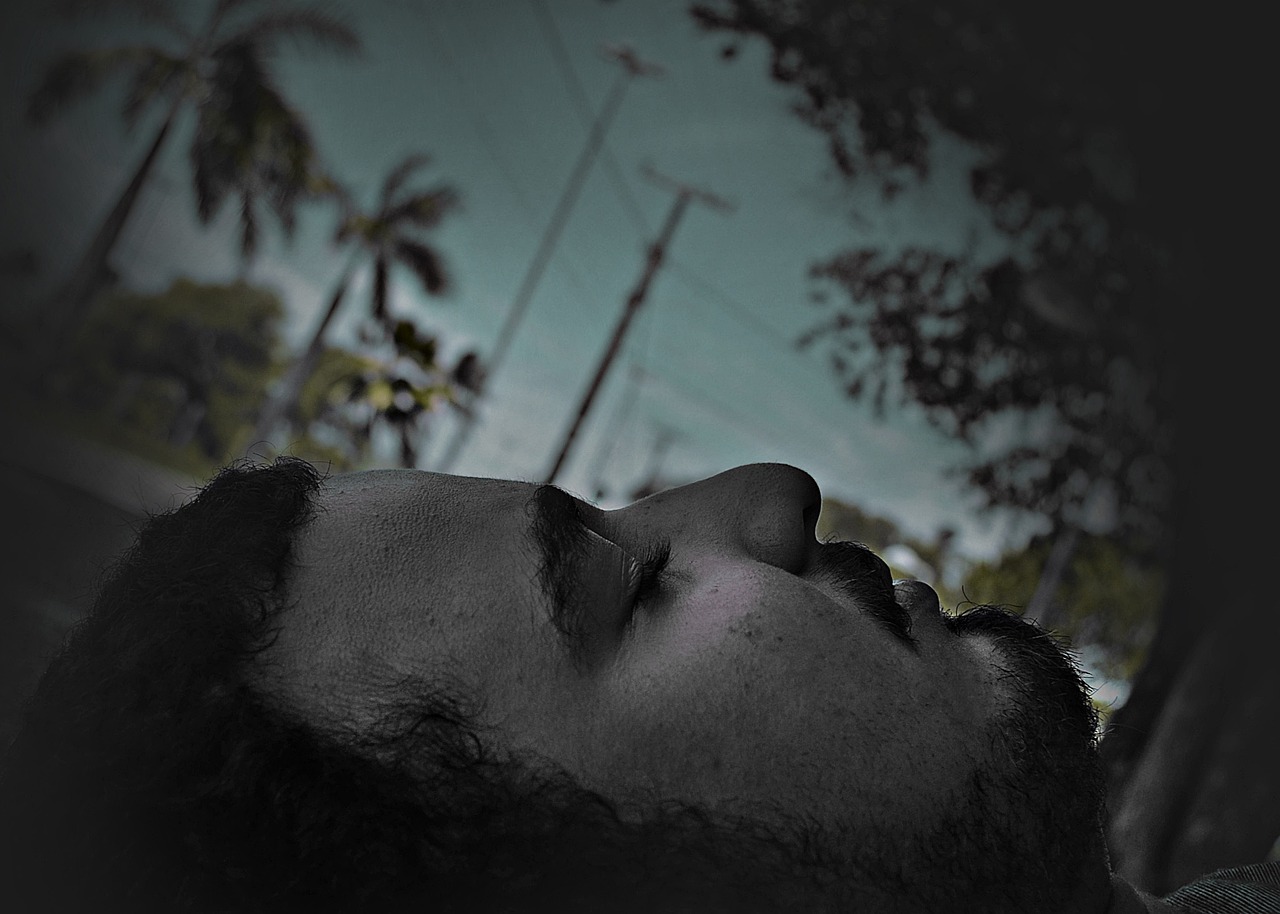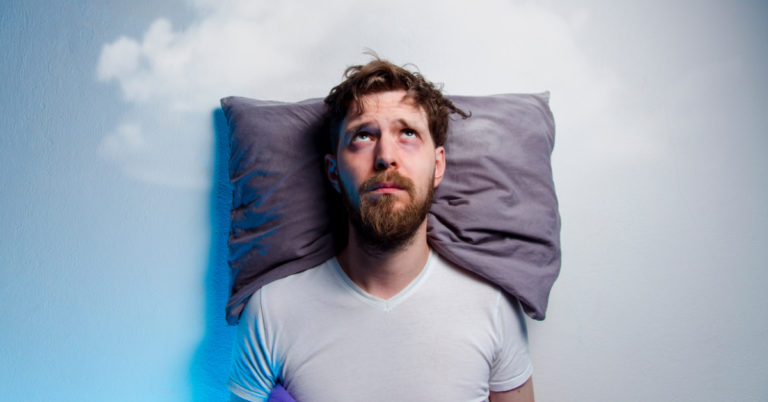By Jo Joiner
After a bad night’s sleep, it’s perfectly normal to feel fuzzy, moody, forgetful and stressed. If you regularly sleep badly, these effects are intensified. There’s a strong connection between poor sleep and mental health problems. In fact, sleep deficiency has been linked to depression, suicide and risk-taking behaviour.1
On the flip side, sleeping well improves learning and problem-solving skills. It also helps you to pay attention, make decisions, feel positive and be creative. After a good night’s sleep you’ll have more focus, quicker reflexes and (probably) a bigger smile.
So, why is there such a strong connection between lack of sleep and mental health? According to neurological research, it’s all about what your brain gets up to while you’re away in the land of Nod.
Your brain rewires itself during deep sleep
While your body is resting, your brain is very busy doing its housekeeping. Trillions of neural nerve cells are literally rewiring themselves. This activity happens during slow-wave sleep, aka deep sleep, delta sleep or NREM sleep. It’s a process that enables you to retain new information you discovered during the day. During the average two hours of deep sleep, your brain is making new connections to make a map of the new data, so that it can be found (remembered) in future. [1]
If you stay up late working or cramming for an exam, you’re not helping your brain to work effectively. You’ll feel fuzzy and discombobulated the next day, so you won’t be playing your A game.
Deep sleep is clean-up time for your brain
Clearing out toxins is another thing your brain does while you’re sleeping. The ‘clean-up crew’, known as the glymphatic system, brings fresh fluid into your brain. This fresh fluid blends with the waste hanging around your brain cells, and then the whole mix gets flushed out into your blood. As with the rewiring, this clean-up happens during deep sleep.
If you’re not getting enough deep sleep, your brain doesn’t get time to do these important tasks. The cleaning-up job is particularly important. There’s evidence that an under-functioning waste management system is linked to brain disorders, including Alzheimer’s disease.[2]
When does deep sleep happen?
About 70 years ago, scientists thought sleep was simply a dormant state, but then they learned how to see what the brain gets up to overnight. Today we know that a full night’s sleep involves several sleep cycles that are up to two hours long. Each cycle has four phases:
- Phases one and two are light, allowing brain waves to slow down from alpha (awake) to theta (meditative). Heart rate and breathing also slow down and body temperature drops.
- Phase three is deep sleep. Brain waves slow to the delta state, blood pressure and heart rate drop further and muscles let go completely. There’s no dreaming in this state.
- Phase four is REM sleep, i.e. dreaming. Eyes move quickly from side to side and brain waves speed up. Heart rate and breathing get faster too.
It’s estimated that adults spend about 13-23% of total sleep time in the deep sleep phase. Children and adolescents need more time in deep sleep, because it’s important for growth.
How to get a full dose of deep sleep
You can’t make yourself get more deep sleep; you can only create conditions that allow it to happen. Here are some tips to help:
- Allow enough time for sleeping: Set a regular bedtime and wake up time, ensuring you allow 8 to 9 hours for quality sleep.
- Upgrade your sleeping surface: If you can’t remember when you bought a new mattress, maybe it’s time for an update. Check out our guide to buying a new mattress.
- Say no to naps: Avoid long daytime naps – they can reduce your ‘sleep drive’ and make it harder to fall asleep at night.
- Exercise: Getting some exercise during the day will improve sleep quality, but it’s best to avoid high-intensity exercise close to bedtime.
- Block blue light at night: Reduce exposure to blue light in the evening by using blue light blocking glasses or reading an old-school (paper) book for an hour before bed.
- Increase magnesium: Magnesium-rich foods help sleep by promoting relaxation and melatonin production. Leafy greens, legumes, avocado, bananas and dairy foods are good sources of magnesium.
- Avoid big meals before bed: Large meals close to bedtime can limit your chances of getting enough deep sleep.
- Limit fluids: Stop fluids three hours before bed, to avoid disruptive loo calls in the night.
- De-stress: If you’re a stressy kind of person, relax with deep breathing, meditation, listening to audio books or taking a warm bath. Don’t check your messages or email.
- Stay cool: It’s better to be slightly cool in bed than too hot. Make your bed with layers, so you can easily peel off a blanket if required.
- Boost melatonin production: Spend time outdoors in natural light, especially at the start and end of the day.
- Reduce or eliminate caffeine: Coffee can make you fidgety, anxious and hyped up. Reduce your daily dose gradually until you’re only doing decaf.
The best bed for deeper sleeping
Sleeping better often means getting a better bed, so that you’re comfortable enough to reach the deep sleep stage. These days, a better bed usually means a pocket-spring matress or an adjustable electric bed. Check out our guide to buying a new mattress.
[1] https://www.nbcnews.com/better/health/what-happens-your-body-brain-while-you-sleep-ncna805276
[2] https://www.health.harvard.edu/mind-and-mood/are-toxins-flushed-out-of-the-brain-during-sleep#:~:text=The%20waste%20management%20system%20(called,occurs%20primarily%20during%20deep%20sleep.







